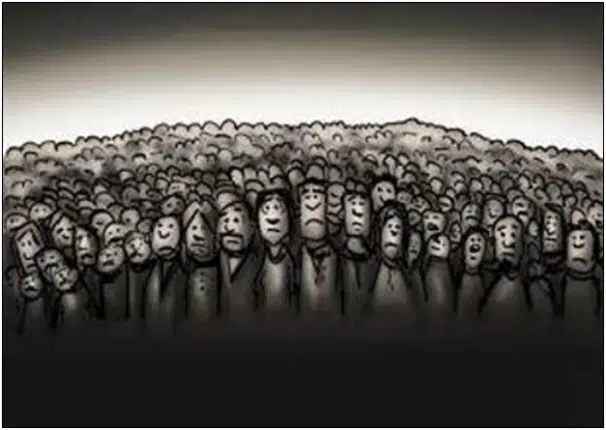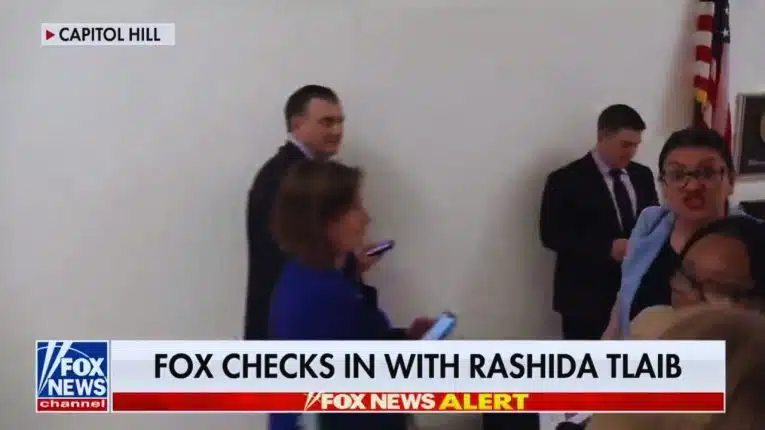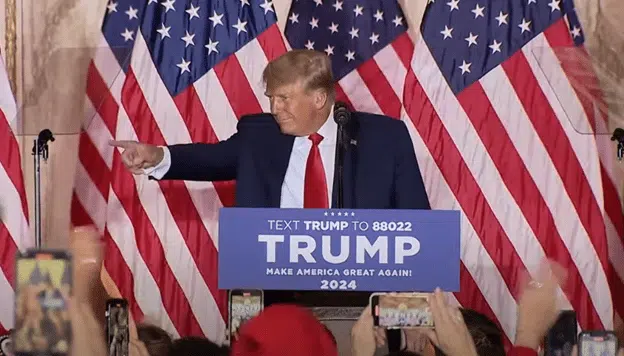By Natalia Castro
Millennials are letting their country down in the simplest way possible, by no longer believing in their country. The concept of patriotism has been perverted amongst Americans youngest generation as this group distances themselves from the basics of the Constitution. In order to truly make America great again, political change is not enough, but a cultural shift to solve the way in which this country’s youth view their nation’s future.
The American Culture and Faith Institute (ACFI) conducted a comprehensive study from October to November 2017 which sought to understand how the American people view patriotism and patriotic entities. Among their findings was the consistent trend that individuals between 18-29, predominantly millennials, are the least proud to be American and view symbols are patriotism less meaningfully.
Only 34 percent of 18-29-year-olds “feel proud to be an American” as a “completely accurate” description of themselves. This is a striking contrast compared to individuals over the age of 65 which found this statement completely accurate 64 percent of the time.
The study continues to show, America’s youth are not just distancing themselves from the ideology of “patriotism” but many of the fundamental principles that make America unique and extraordinary.
Only 70 percent of 18-29-year-olds considered the U.S. Constitution “very meaningful” to them personally, 59 percent considered the American flag “very meaningful,” and only 54 and 53 percent felt the pledge of allegiance and the national anthem were “very meaningful” to them personally. These were the lowest across any age range, indicating that younger generations are no longer associating the foundations of American patriotism with meaning in their lives.
This makes it unsurprising that when asked to assess personal levels of patriotism, only 12 percent of 18-29 year old’s considered themselves extremely patriotic. With just 12 percent of American youth believing that the principles of American culture and identity are genuinely worth fighting for, imagining a future in which America is first on the global stage is difficult.
David Brooks of The Seattle Times explains, within previous generations, a sense of unity arose from American “civic religion.” Protests of the 1960s and 1970s were critical of the current state of American society, but groups rooted their criticism in the American ideology that all men are created equal. Martin Luther King Jr. sang the national anthem before his “I Have a Dream” speech and then quoted the Declaration of Independence within it. While individuals disagreed with what other said, they maintained the American principle that every individual had the right to speak.
Now, the ACFI shows only 36 percent of 18-29-year-olds even consider “tolerant of different social/political views” to be a completely accurate description of themselves. Millennials are also the least likely to believe the Freedom of Speech to be very meaningful to them personally.
Brooks continues to explore a reason for this decline in patriotism, “The civic religion has been under assault. Many schools no longer teach American history, so students never learn the facts and tenets of their creed. A globalist mentality teaches students they are citizens of the world rather than citizens of America…Sitting out the anthem takes place in the context of looming post-nationalism. When we sing the national anthem, we’re not commenting on the state of America. We’re fortifying our foundational creed. We’re expressing gratitude for our ancestors and what they left us.”
George Barna, executive director of the ACFI, told the Daily Caller he believes the youth’s outlook on patriotism is the most critical consideration for the future of America, which is mainly problematic considering the sharp divide between liberal and conservative viewpoints, another crucial area of focus for the study.
Days after the protests at Kent State erupted into violence in 1970; President Richard Nixon stunned secret service with an unplanned visit to the Lincoln Memorial one early morning; Nixon met with protestors to start a conversation about the issues surrounding the Vietnam War. In a clear search for compassion and understanding, Nixon walked amongst students who hated his beliefs to open the gates to conversation.
Imagine our President Trump attempting to walk amongst the protestors of ANTIFA or Black Lives Matter trying to create a similar dialogue. Most American do not even believe this would be possible for themselves, as the study found only 22 percent of surveyors expressed they felt safe wearing a Make America Great Again hat anywhere in the US.
With decreasing patriotism and increasing partisanship, 34 percent of surveyors strongly agree the US does not have a widely shared vision of our future for people to rally around.
While President Trump has worked hard to restore faith in the future of our country, this is a problem no government can fix. The people must. The people must decide the principles of their country are worth saving. For generations, this has been known truth, but millennials seem to enjoy the benefits of American freedom without understanding how vulnerable it truly is.
Millennials would be wise to remember the words of Ronald Reagan, “Freedom is never more than one generation away from extinction. We didn’t pass it to our children in the bloodstream. It must be fought for, protected, and handed on for them to do the same.”
Natalia Castro is a contributing editor at Americans for Limited Government.








